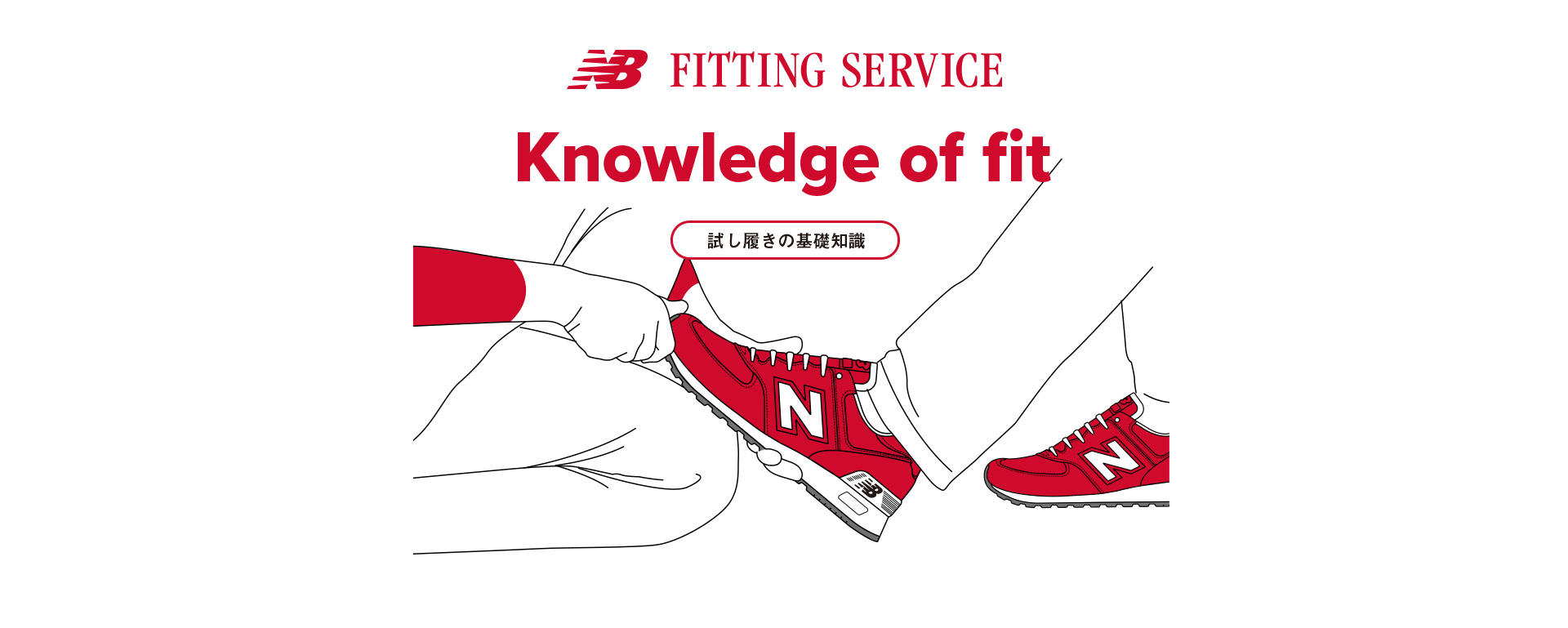myNB会員ならいつでも5,000円(税込)以上のご注文で送料無料!
年内のお届けは12/26(木)15:00ご注文分まで! 詳細はこちら
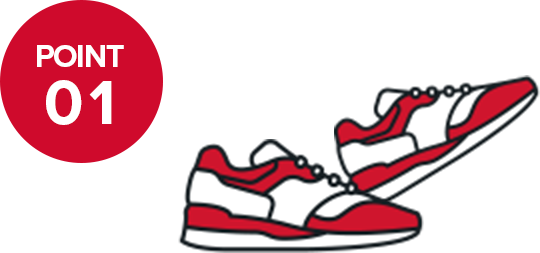
Put both feet together
The sizes of the left and right feet may differ.
Be sure to measure both your feet and choose shoes that fit your larger foot.
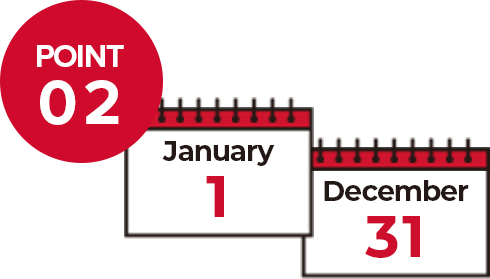
Measure once a year
Your foot size changes over the years, so we recommend that you have your feet remeasured once a year.

Worn out
Bring your own shoes
Worn-out shoes reveal information about the causes of foot disorders, foot type, etc. When purchasing new shoes, it is a good idea to wear them or bring them to the store and consult with the staff.
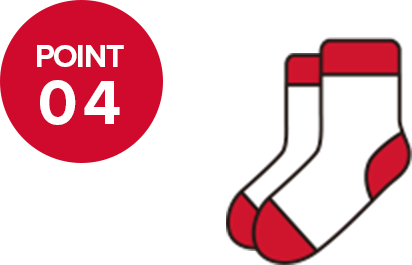
With suitable socks
Wear together
Socks can affect how your shoes feel, so be sure to wear appropriate socks when trying them on.

Try them on in the afternoon
Your feet expand and become larger in the afternoon compared to the morning, so it's best to try on shoes in the afternoon if possible.
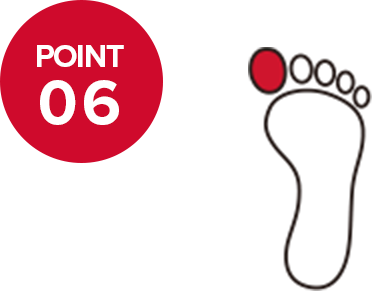
Watch Your Thumb
If you feel any discomfort in your big toe when trying on the shoes, the discomfort will not go away even after you purchase them, so we do not recommend those shoes.
The 6 major elements of shoe fitting
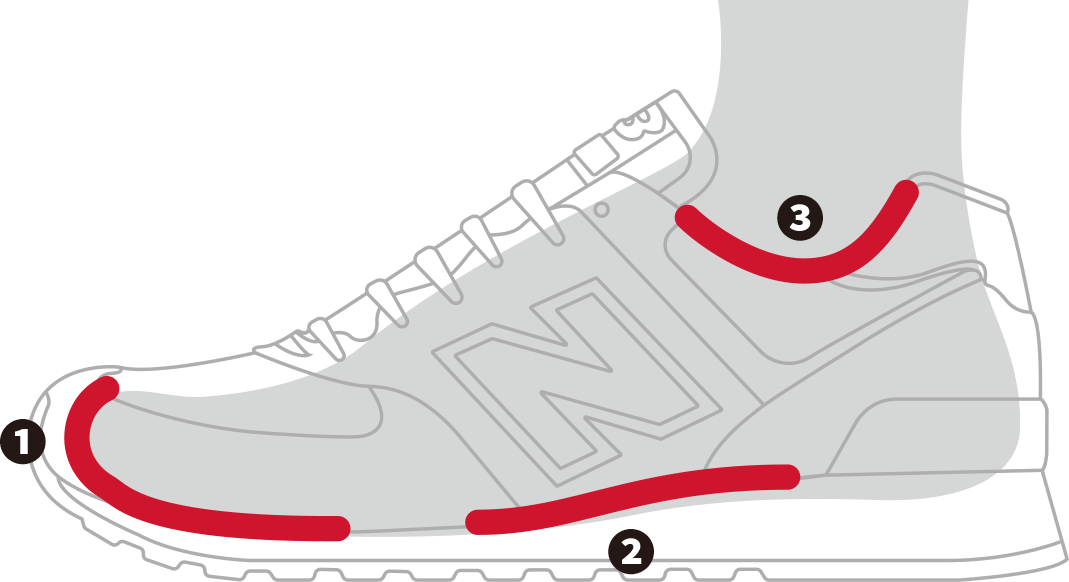
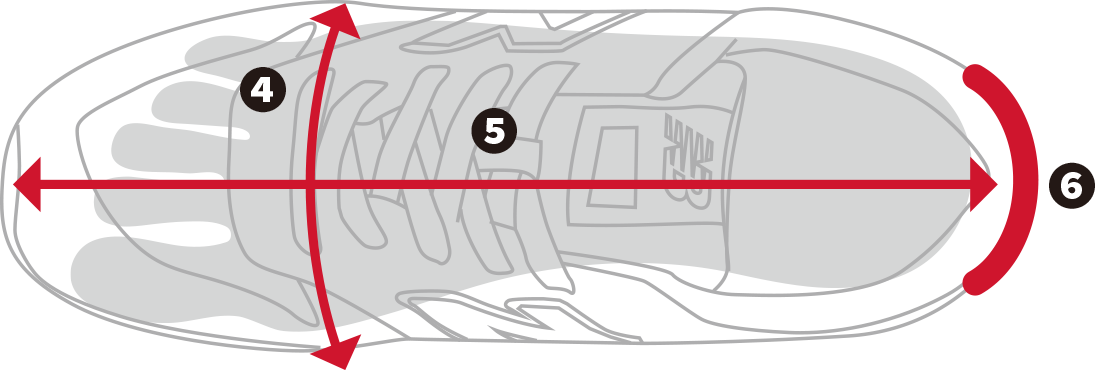
1Toe
The toes do not hit,
The tread area bends properly
The weight of the body causes the foot to stretch at the toe of the shoe. For this reason, there should be about 5 to 10 mm of space (play/allowance) between the tip of the toes and the end of the shoe, although this varies from person to person.
2Arch
The arch fits snugly
The arch is an important part where muscles and ligaments overlap in layers and blood vessels and nerves are intricately intertwined. It also acts as a spring to absorb shock to the ankles, knees, hips, etc. When you stand up and put your weight on the entire sole of your foot, it is considered ideal that the arch is neither tight nor loose, but is just barely touching the shoe.
3Top Line
The top line does not hit the ankle
The topline is the opening of the shoe, and its height and how it fits the foot greatly affect the fit of the shoe. If the topline touches the outside ankle (the outside ankle of a human foot is lower than the inside ankle), even a little, friction will occur there, causing pain and making it difficult to walk, so care must be taken. On the other hand, if the topline is too low, the support for the foot will be unstable and the shoes will easily slip off.
4With (foot circumference)
The width (foot circumference) fits perfectly.
Does not compress the instep
The width is the widest and thickest part of the foot, the size around the base of the big toe and little toe. When you put on the shoes, your foot should fit correctly and the width and dimensions should fit perfectly.
5Length (foot length)
The length (foot length) fits
There are three leg lengths:
- 1. Overall foot length
- 2. Length from heel to foot (arch length)
- 3. Toe length (from the base to the tiptoe)
If the area from the heel to the forefoot does not fit properly, it can cause many injuries and fatigue, such as unnatural bending, pressure on the toes, and arch tension.
6Heel
The heel fits
The vertical curve on the back of the heel of the shoe is called the heel curve.
First, check to see if the top of the heel curve is digging into the top of the heel (around the Achilles tendon) or causing extreme pressure.
Next, with your toes on the ground, lift your heel and bend the shoe to see if your heel will follow the heel curve. If your heel floats up, try a shoe that is one size smaller. It is best to have your entire heel lightly pressed down by the shoe for stability.
The most important part of the shoe is the heel.
The "heel counter" built into the heel is the heart of the shoe.
If you stand or walk with your heel on this part, the heel counter will become crushed and deformed, causing the shoe to lose its original function and potentially resulting in injury to your foot or unstable movements.
